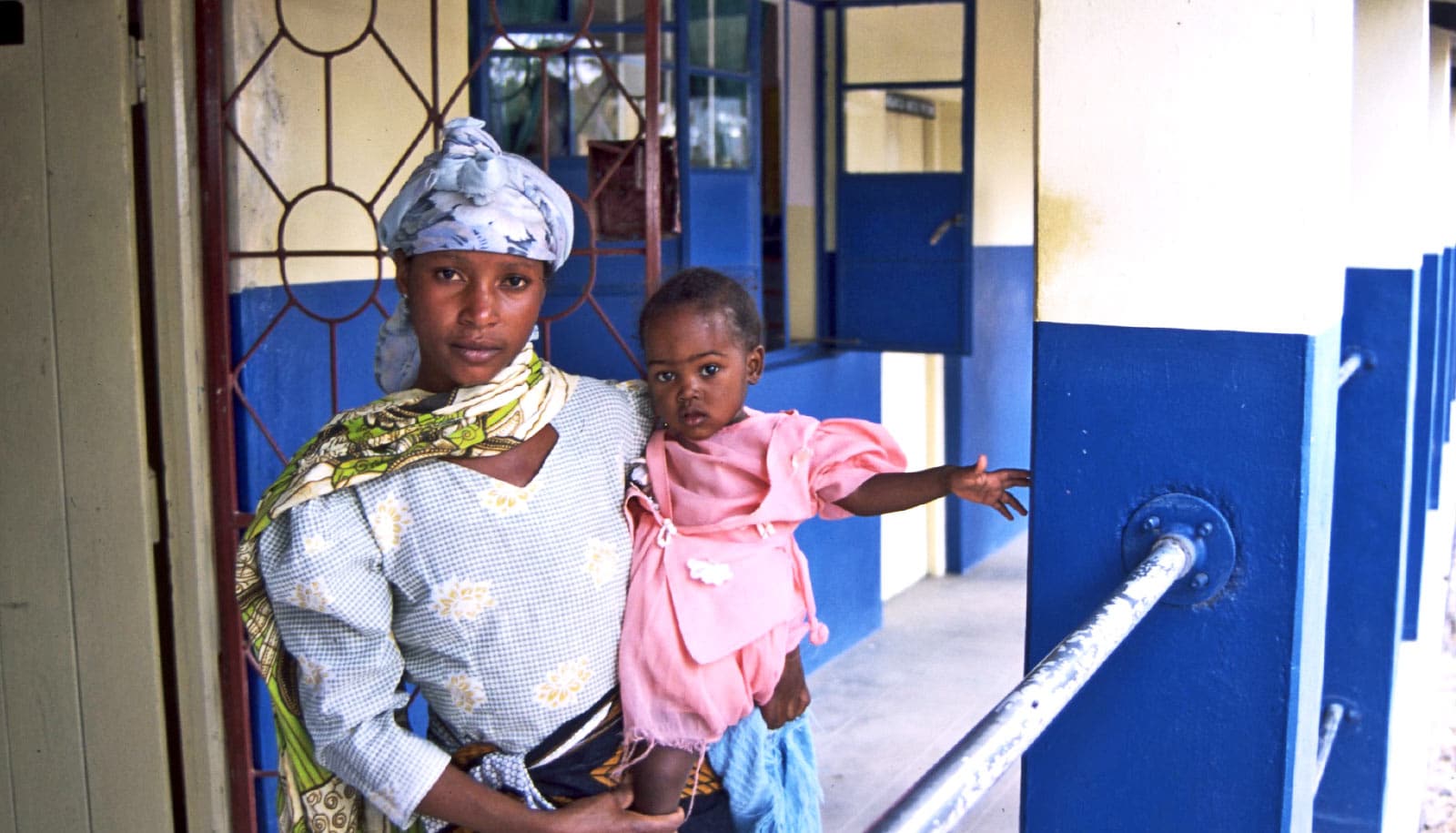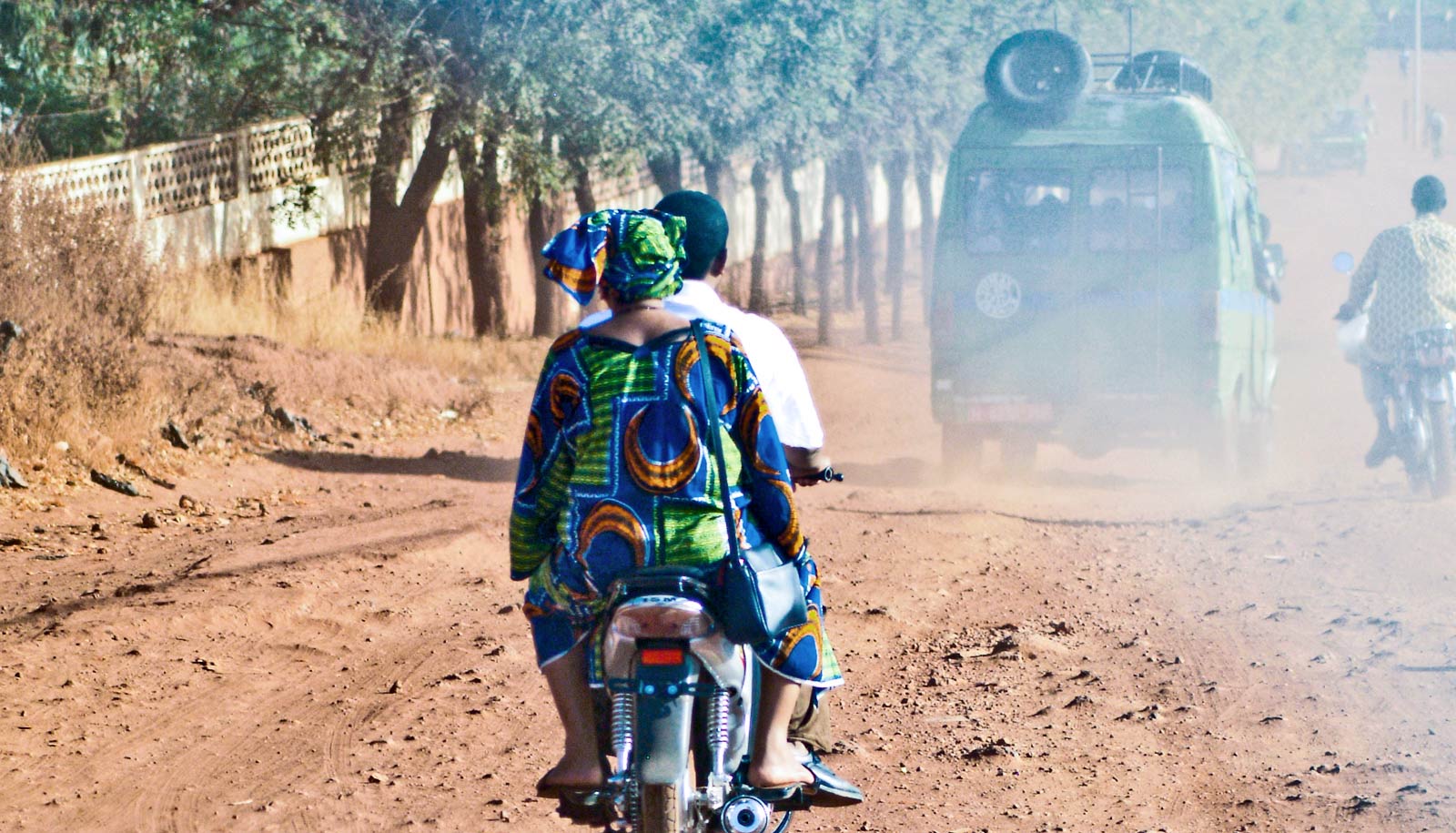New research in Tanzania adds nuance to the global movement to end “child marriage.”
Two out of five girls in Sub-Saharan Africa marry before turning 18. Opponents often assume that their families coerce them into it at a cost to their schooling, mental health, and physical wellbeing.
“That’s a dominant narrative within the international development sector, that ‘child marriage’ happens because daughters are forced to marry at young ages for their parents’ financial benefit and that marrying early is fundamentally harmful to the girl’s wellbeing,” says Susan Schaffnit, a postdoctoral scholar in the University of California, Santa Barbara’s anthropology department.
“But surprisingly little research has explored local peoples’ perceptions of early marriage or directly tested whether parents gain and daughters suffer from marrying under 18 years.”
What’s really going on?
In a pair of papers, lead author Schaffnit and David Lawson, a UCSB assistant professor of anthropology, report on a study of the timing of marriage, bridewealth payments (transferred from the groom’s family to the bride’s family), and women’s wellbeing in rural Tanzania. The papers appear in Nature Human Behaviour and in Sexual and Reproductive Health Matters.
“We find that marrying early brings a higher bridewealth, which may incentivize early marriage of daughters for parents to some extent,” Schaffnit says. “But marrying at ages 15 to 17 is not obviously detrimental to daughters, with the wellbeing of those marrying early largely indistinguishable from those that marry above 18 years. In fact, marrying early was associated with greater empowerment in household decisions and marriage at any age was viewed as increasing a woman’s social status.”
Most girls and women themselves decided when and whom to marry, the researchers report. “The terms ‘child marriage’ and ‘forced marriage,'” Schaffnit says, “are often used interchangeably by development organizations, but we demonstrate that there are contexts in which young people decide to marry early and may be incentivized to do so by gains in status and respect at home and in the community.”
Lawson stresses that parental coercion in early marriage does occur in some circumstances. “We’re not claiming that girls are never forced into early marriages,” he says. “This certainly happens in some contexts, including in Tanzania. But in contexts where ‘child marriage’ mainly takes place in late adolescence, and where autonomy in partner choice is clearly apparent, we need to be careful not to falsely vilify parents.
“For some young women, it may represent a strategic choice to marry early and be the best locally available option, especially if they are already sexually active or they have started having children.”
Schaffnit also notes the importance of considering locally available options. “Marrying early was associated with lower educational attainment,” she says, “but rather than early marriage causing girls to drop out of school, the most likely explanation here is that girls that leave school for other reasons have few socially acceptable options in life but to marry and start a family.”
Early marriage vs. very early marriage
The papers are based on surveys of nearly 1,000 girls and women 15 to 35 years in rural Mwanza Region, where 35 percent of brides marry before age 18. Only 2 percent married before age 15.
“Future research should distinguish between early marriage in late adolescence and very early marriage, which is considerably rarer in Tanzania,” Lawson says. “Boundaries between childhood and adulthood are flexible, and fixating on an arbitrary 18-year-old threshold means we may miss opportunities to support girls and women regardless of their precise age at marriage.”
In 2016, Tanzania revised the legal age of marriage for girls from 15 years to 18 years, but this has since been appealed due to conflict with local customs.
“It is critical that our understanding of early marriage is grounded in reality, not stereotypes or surface impressions,” says Lawson, who is the recipient of an NSF grant to continue research on early marriage in Tanzania for two years.
Other coauthors are from the London School of Hygiene and Tropical Medicine and the National Institute of Medical Research in Mwanza, Tanzania.
Source: UC Santa Barbara

